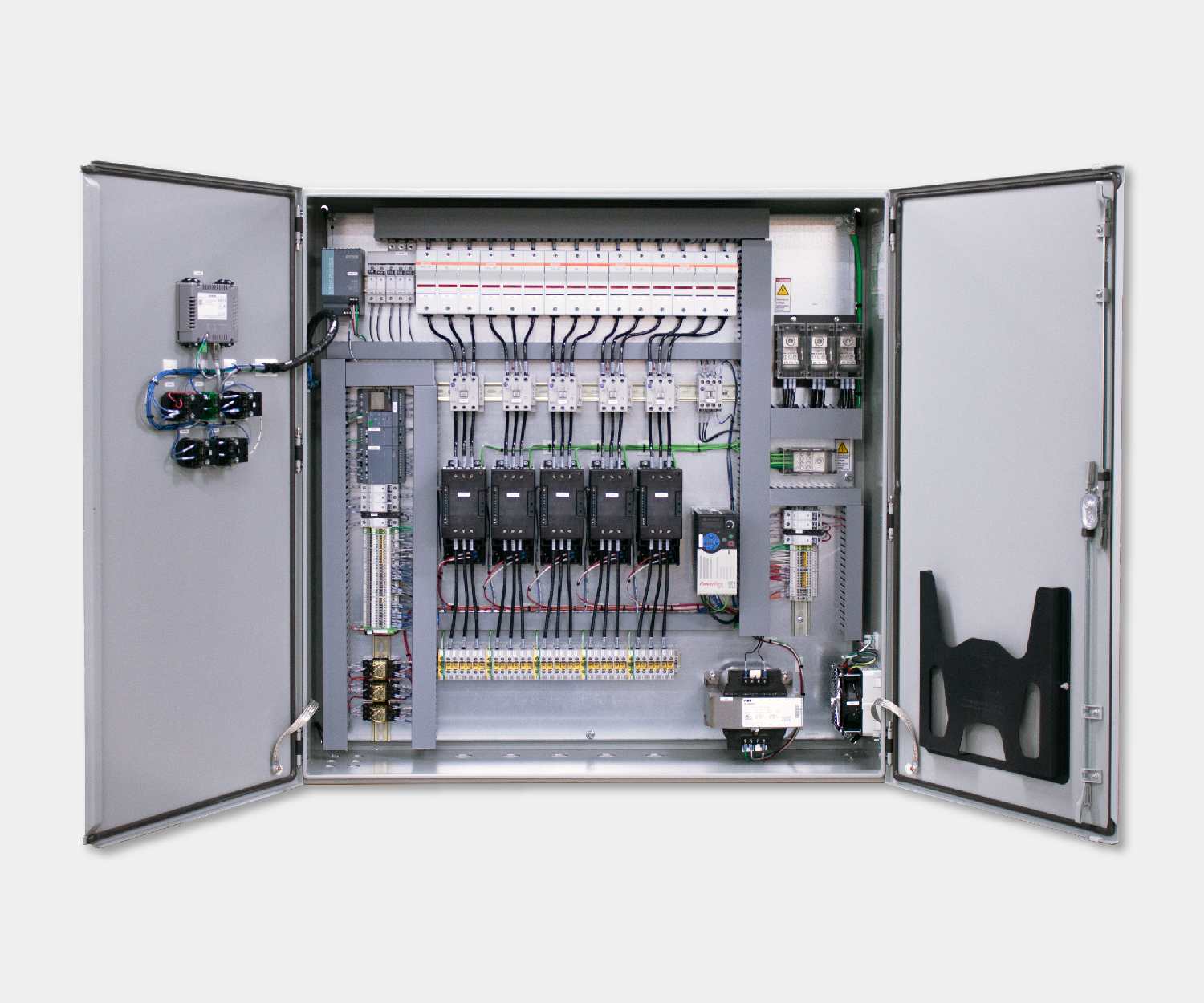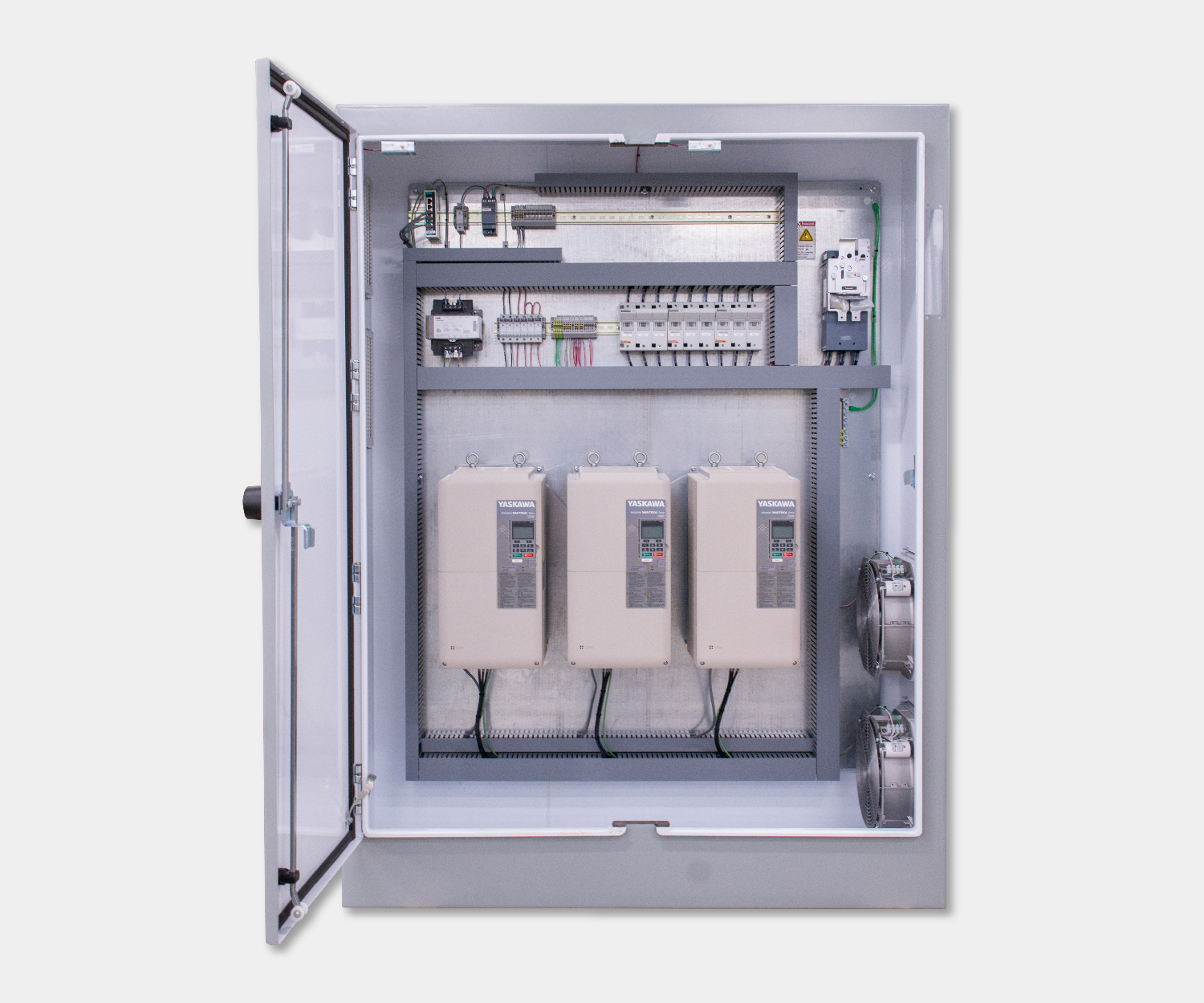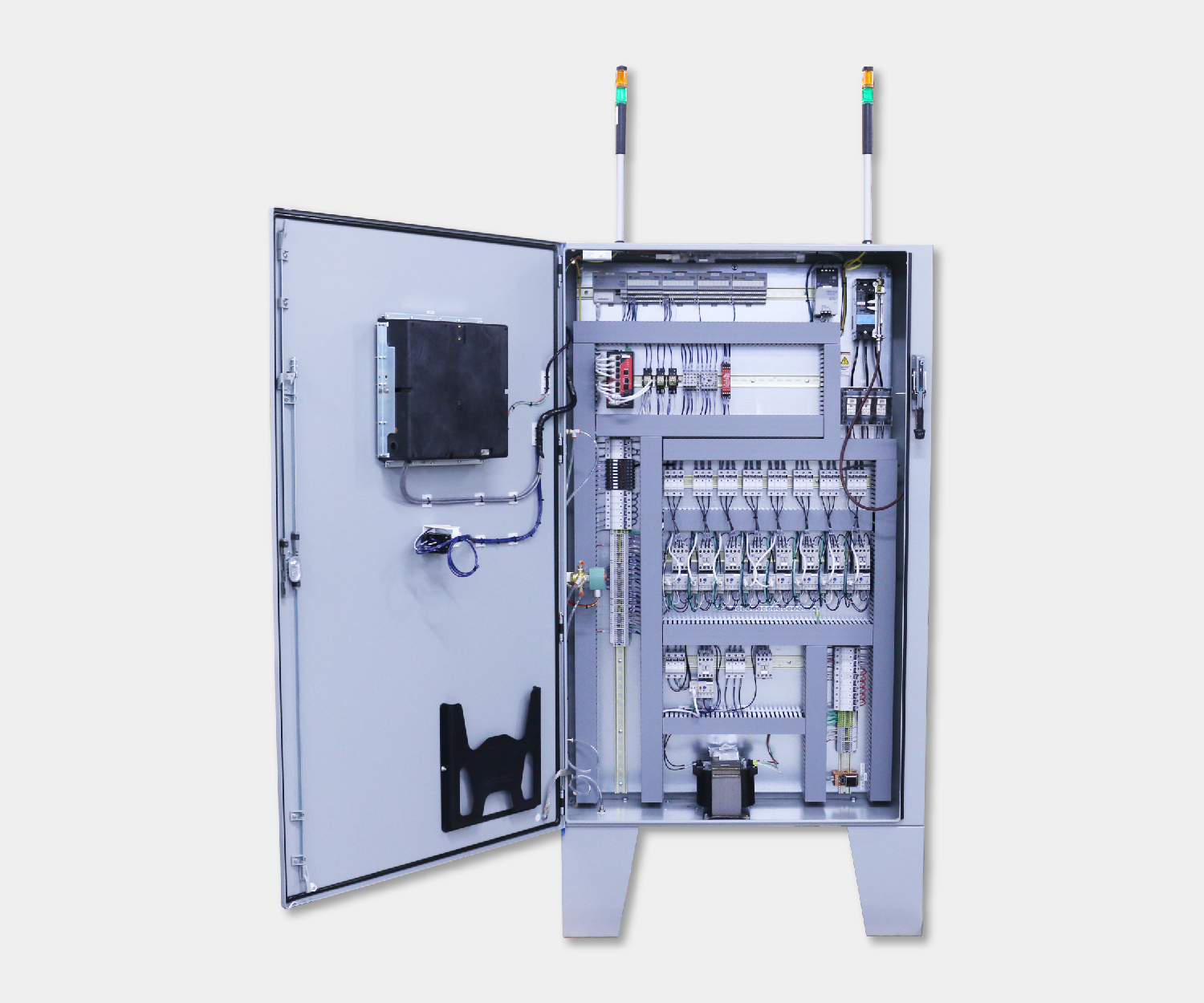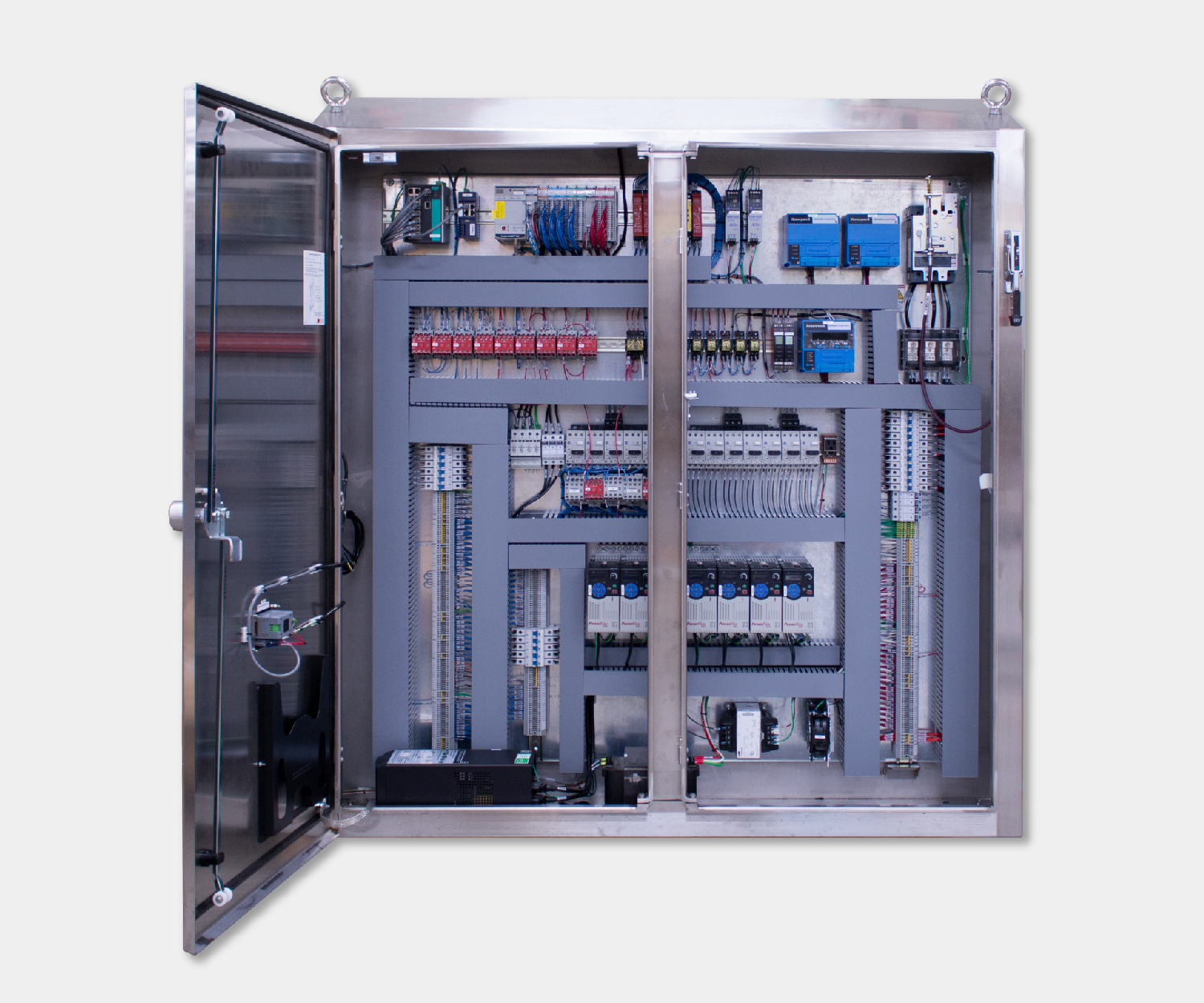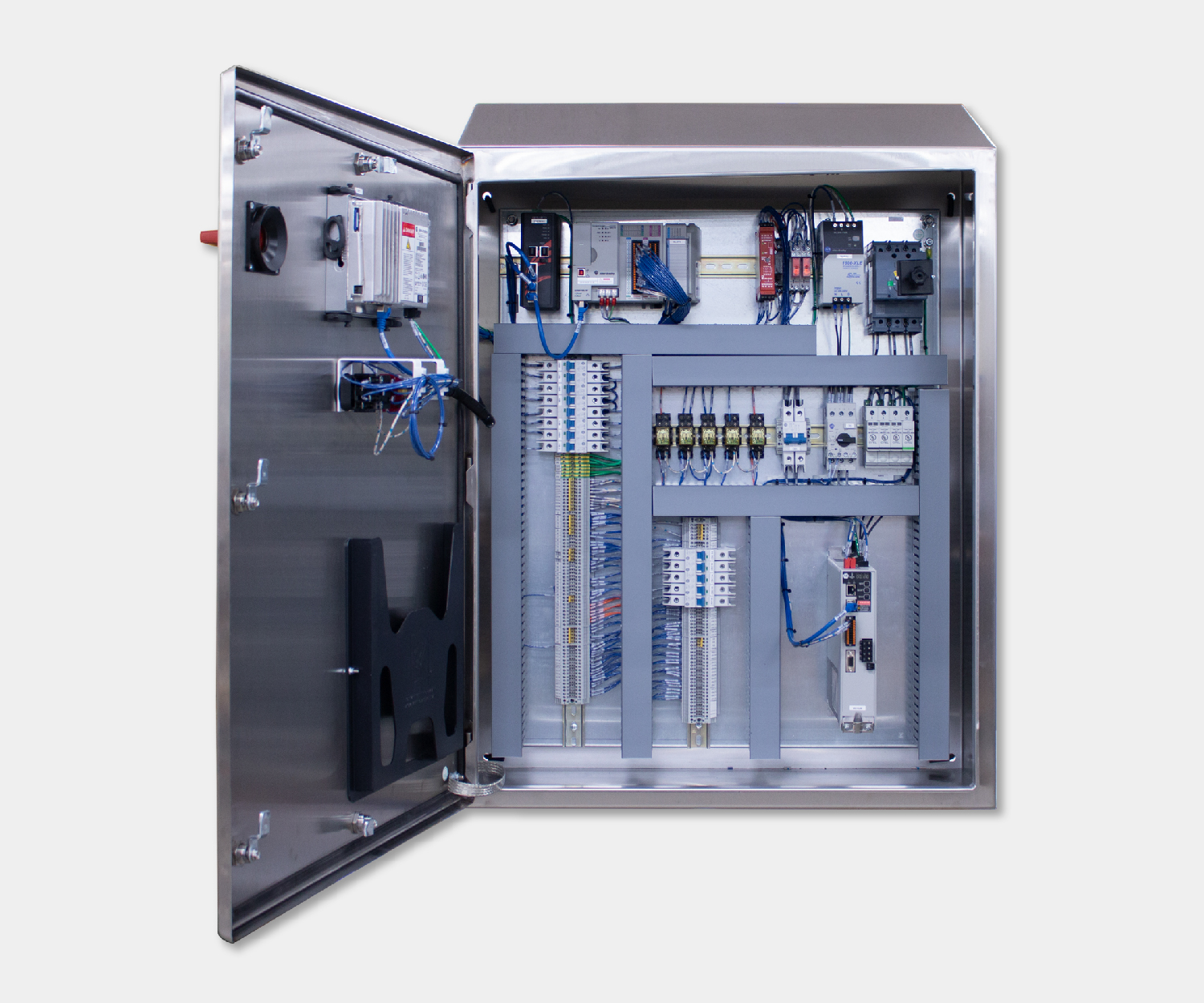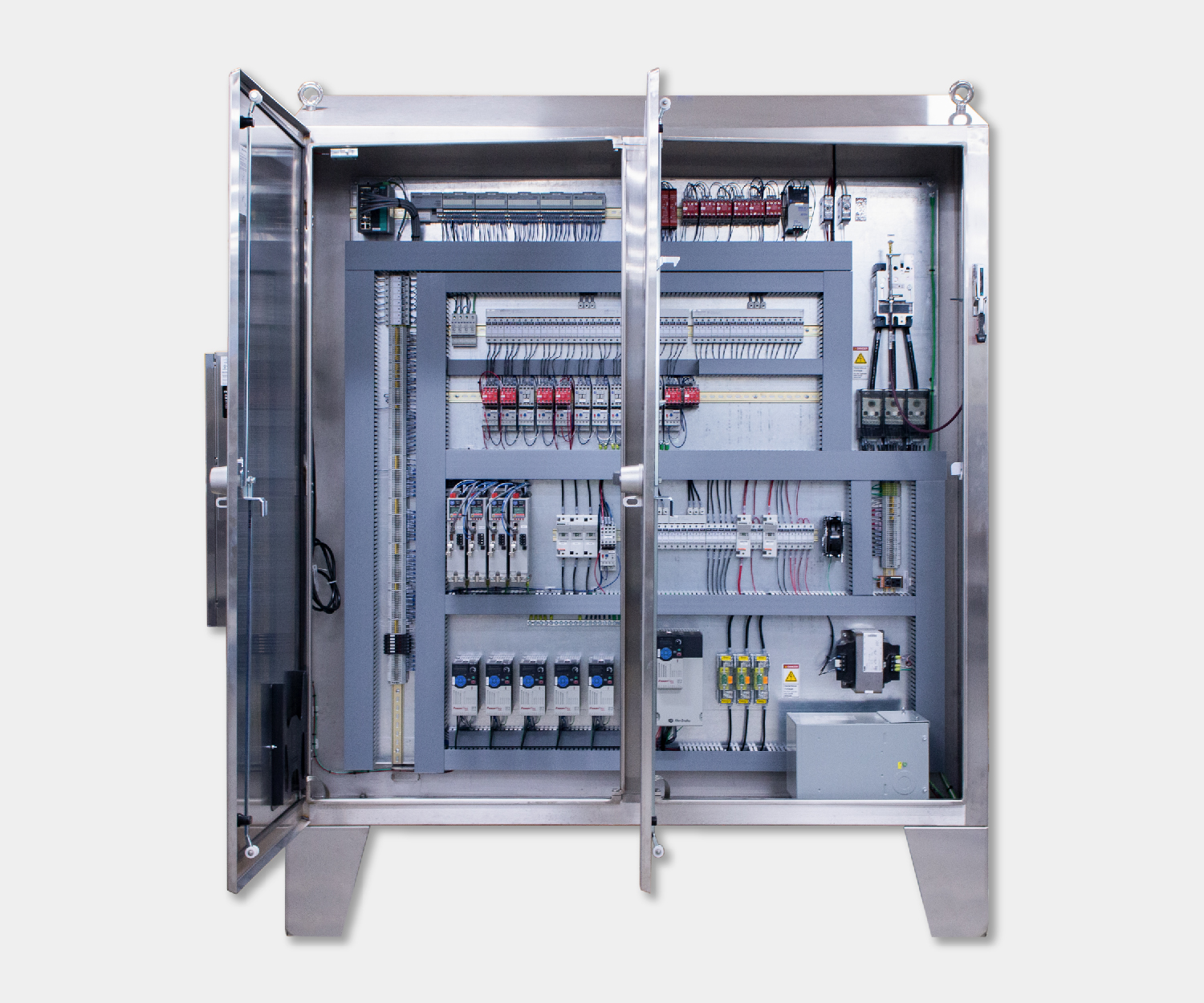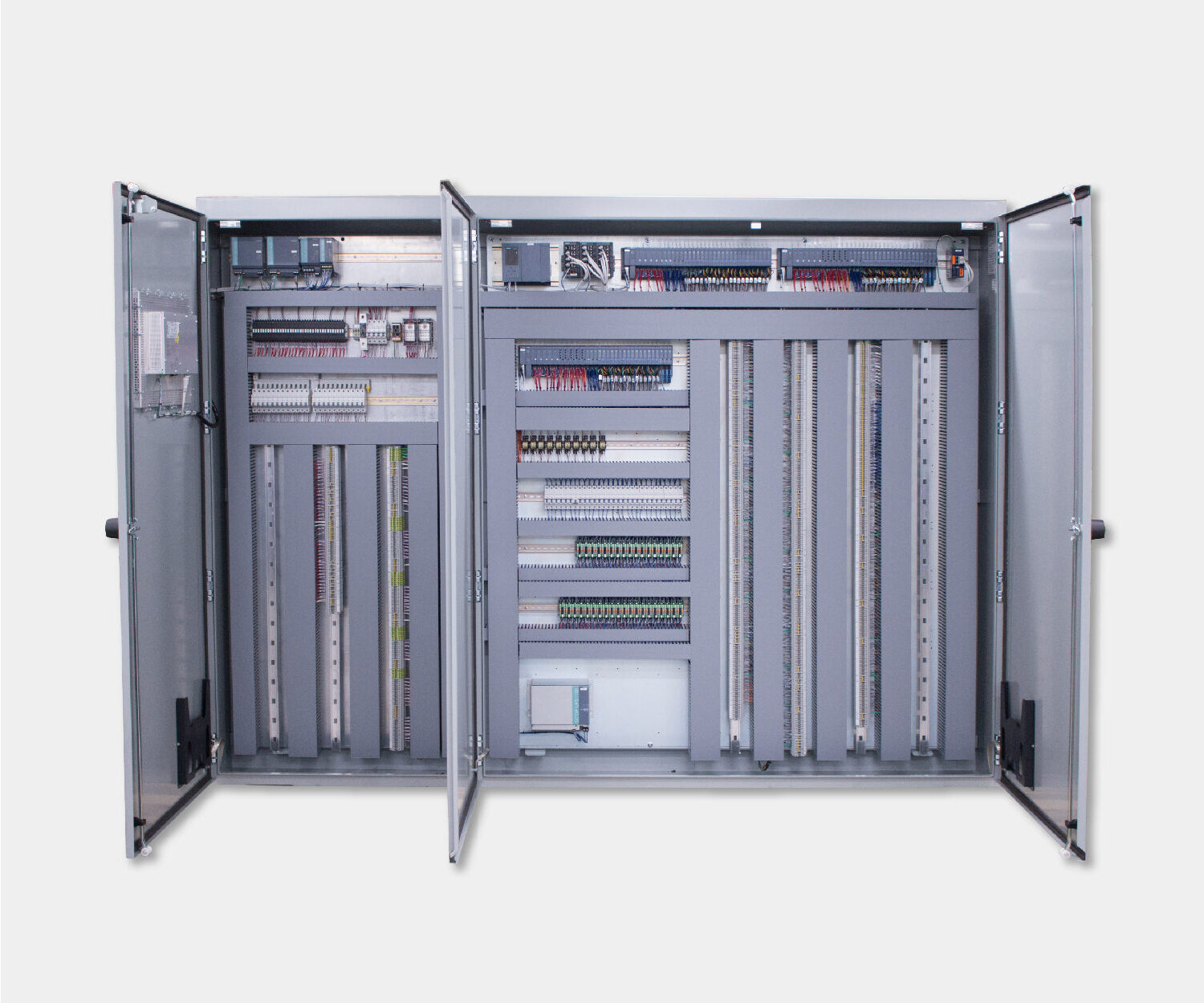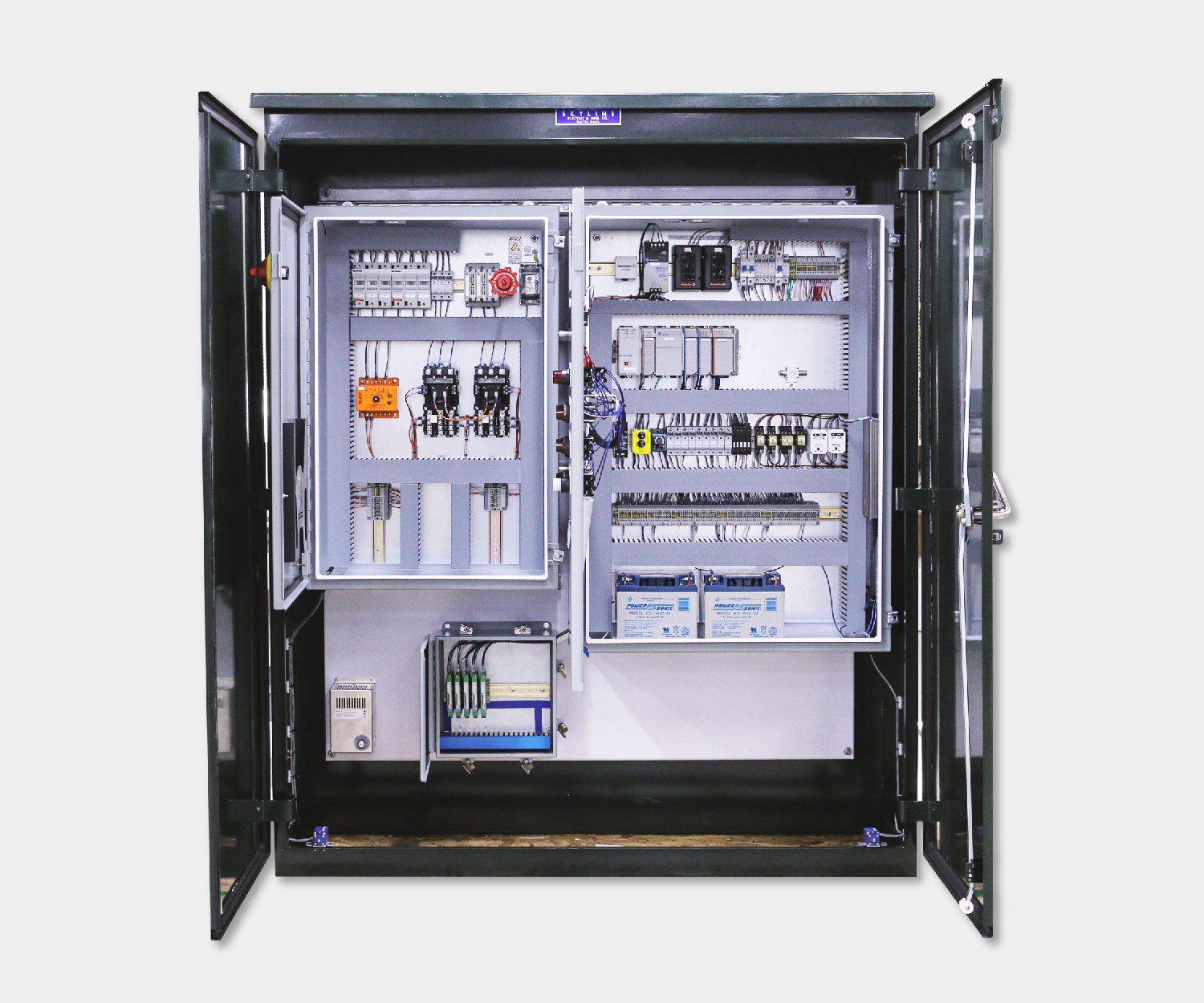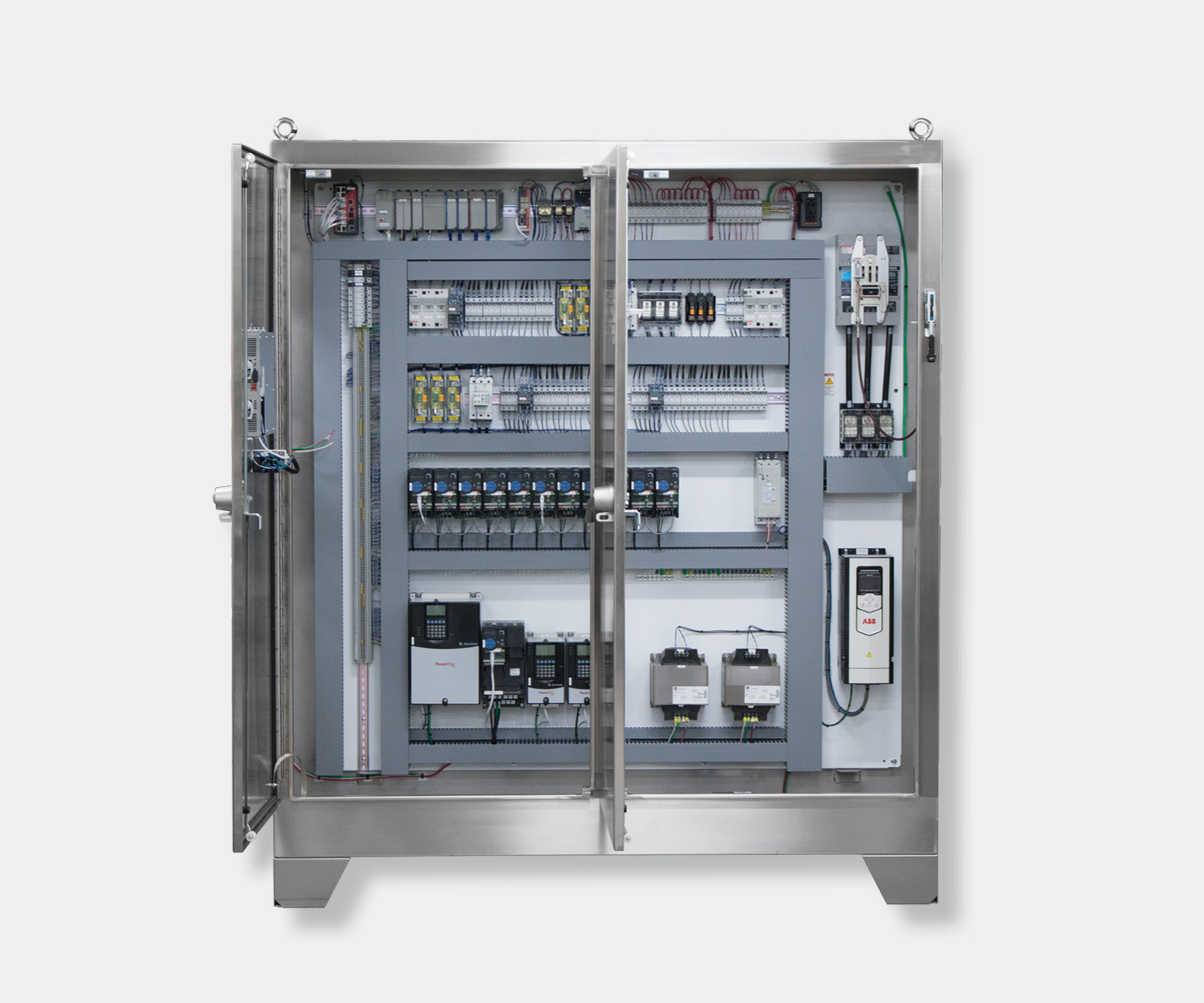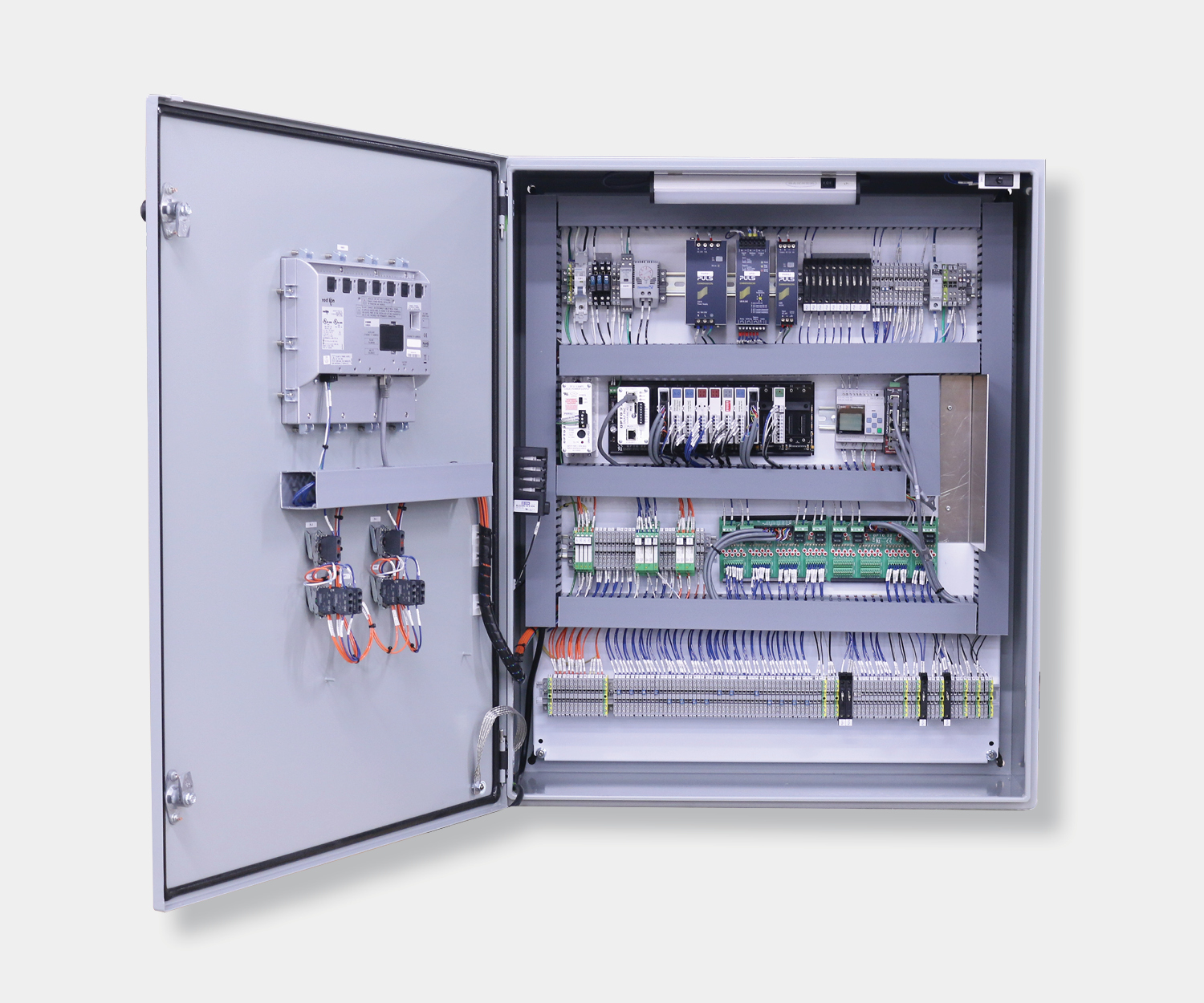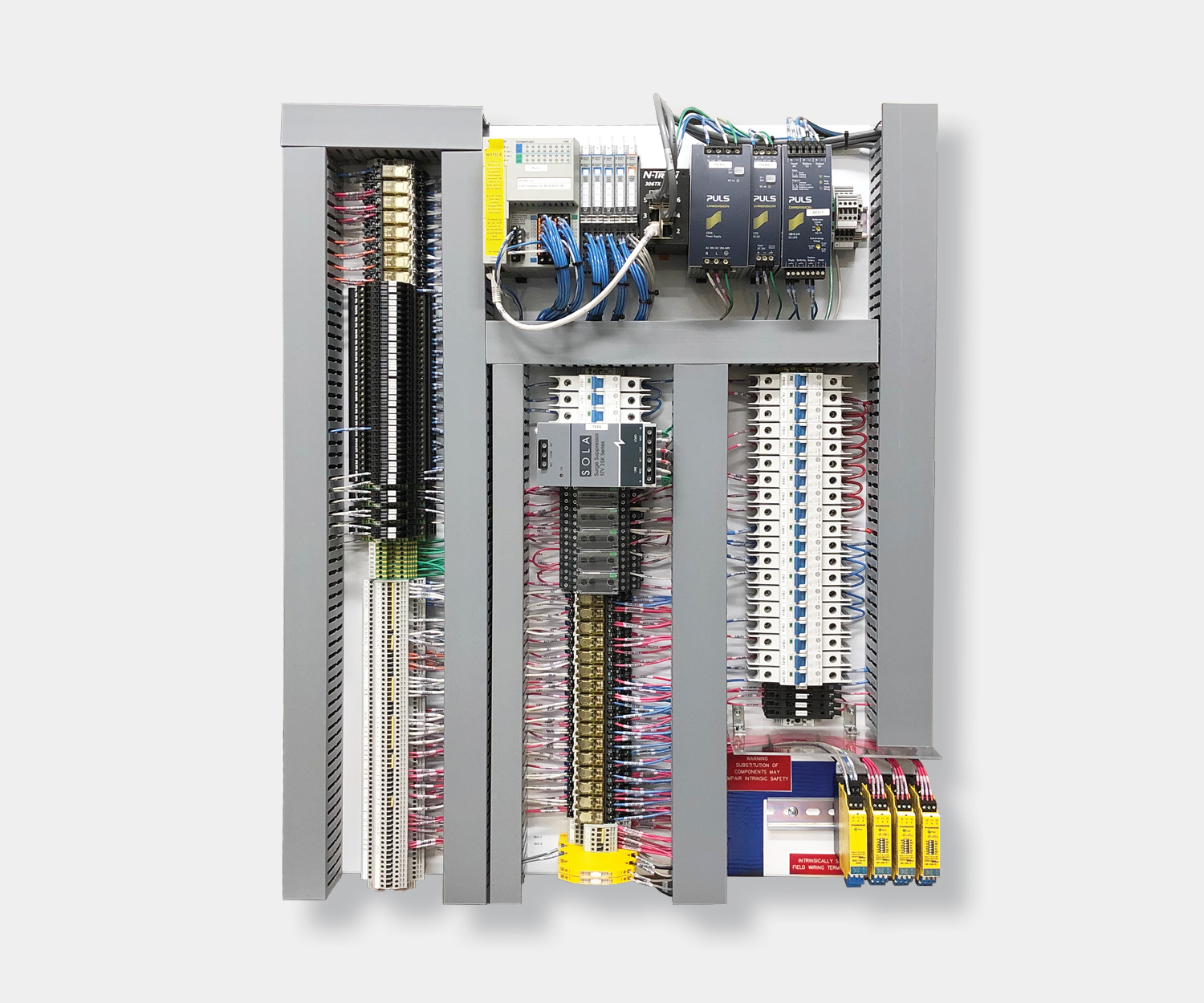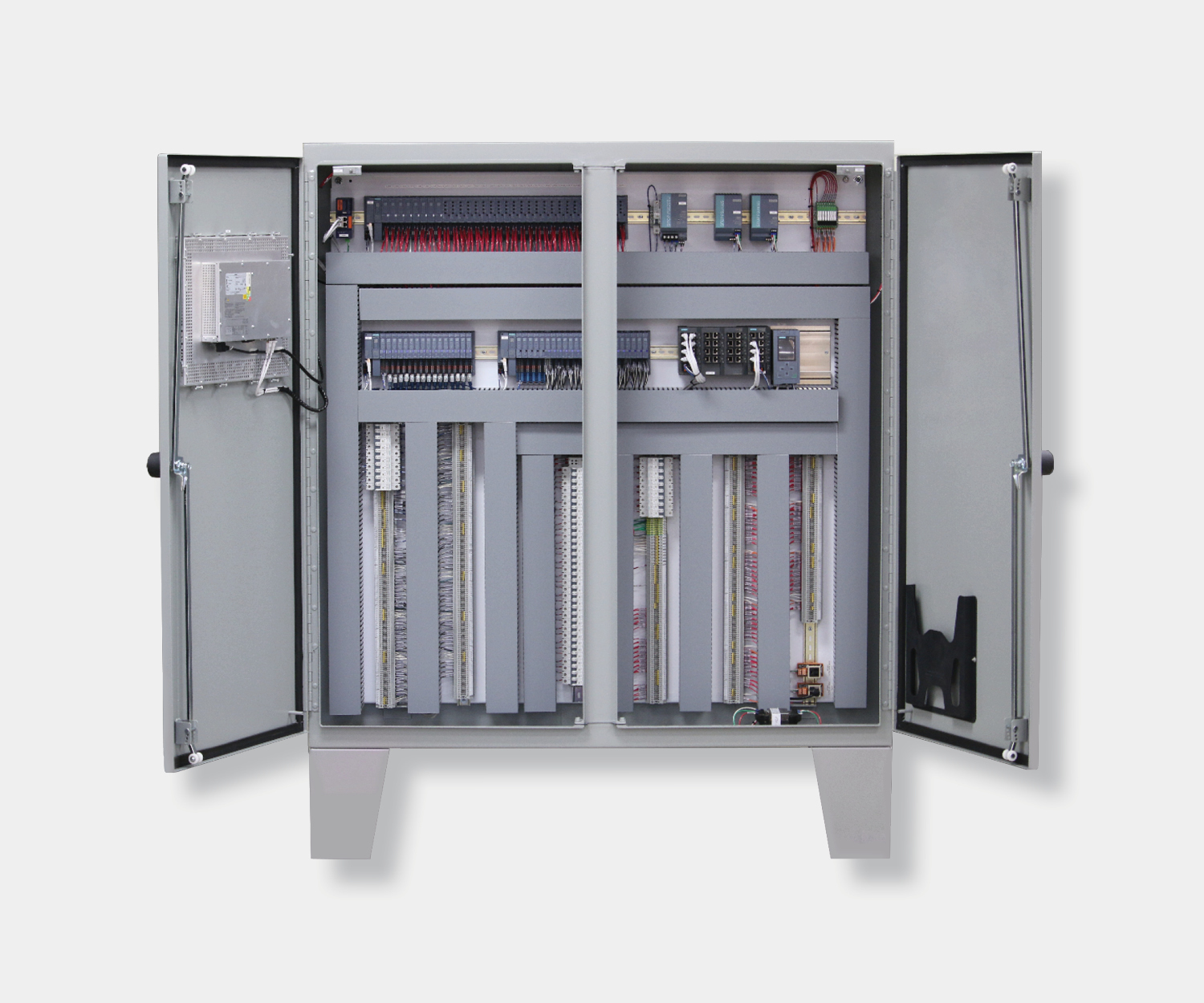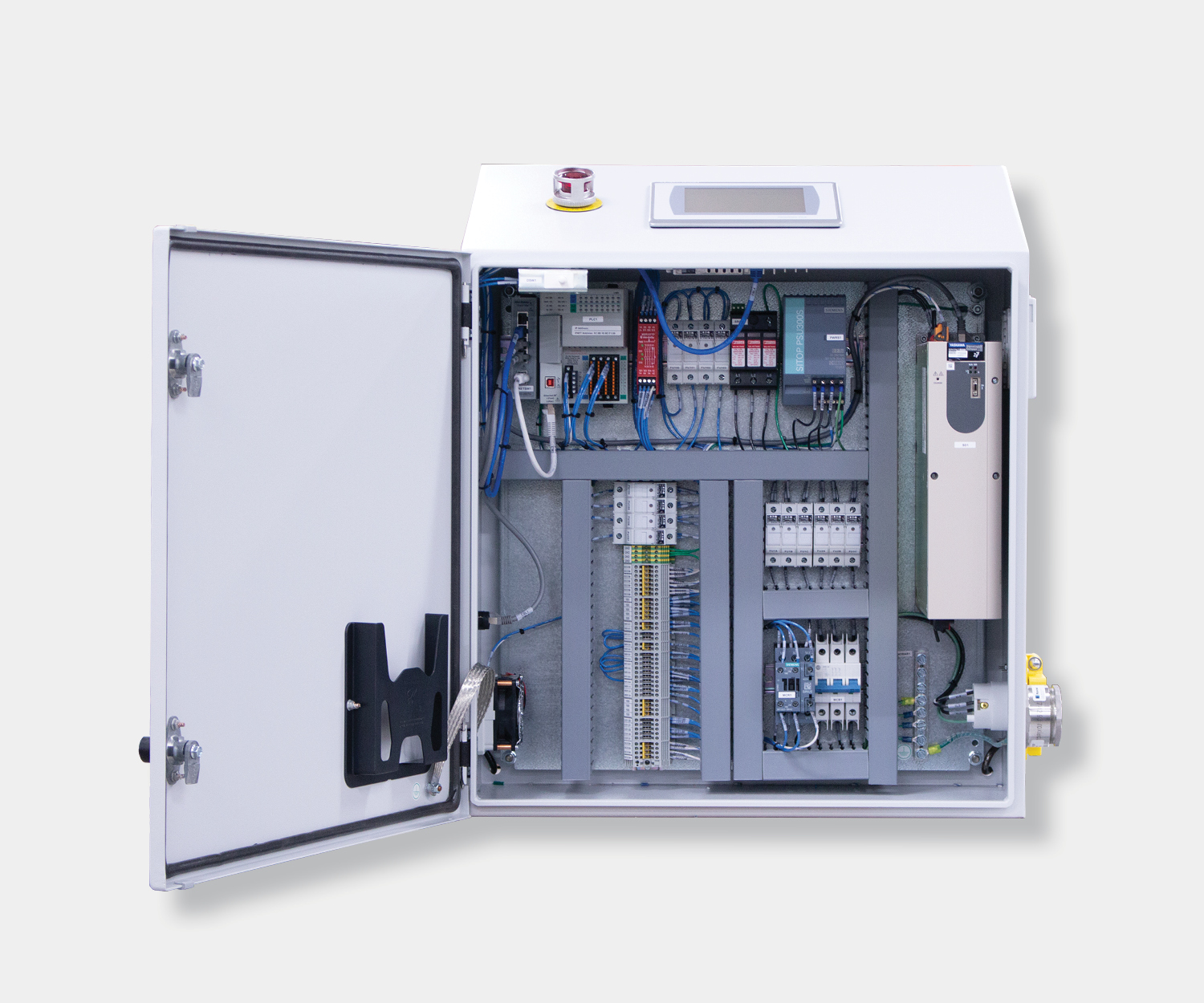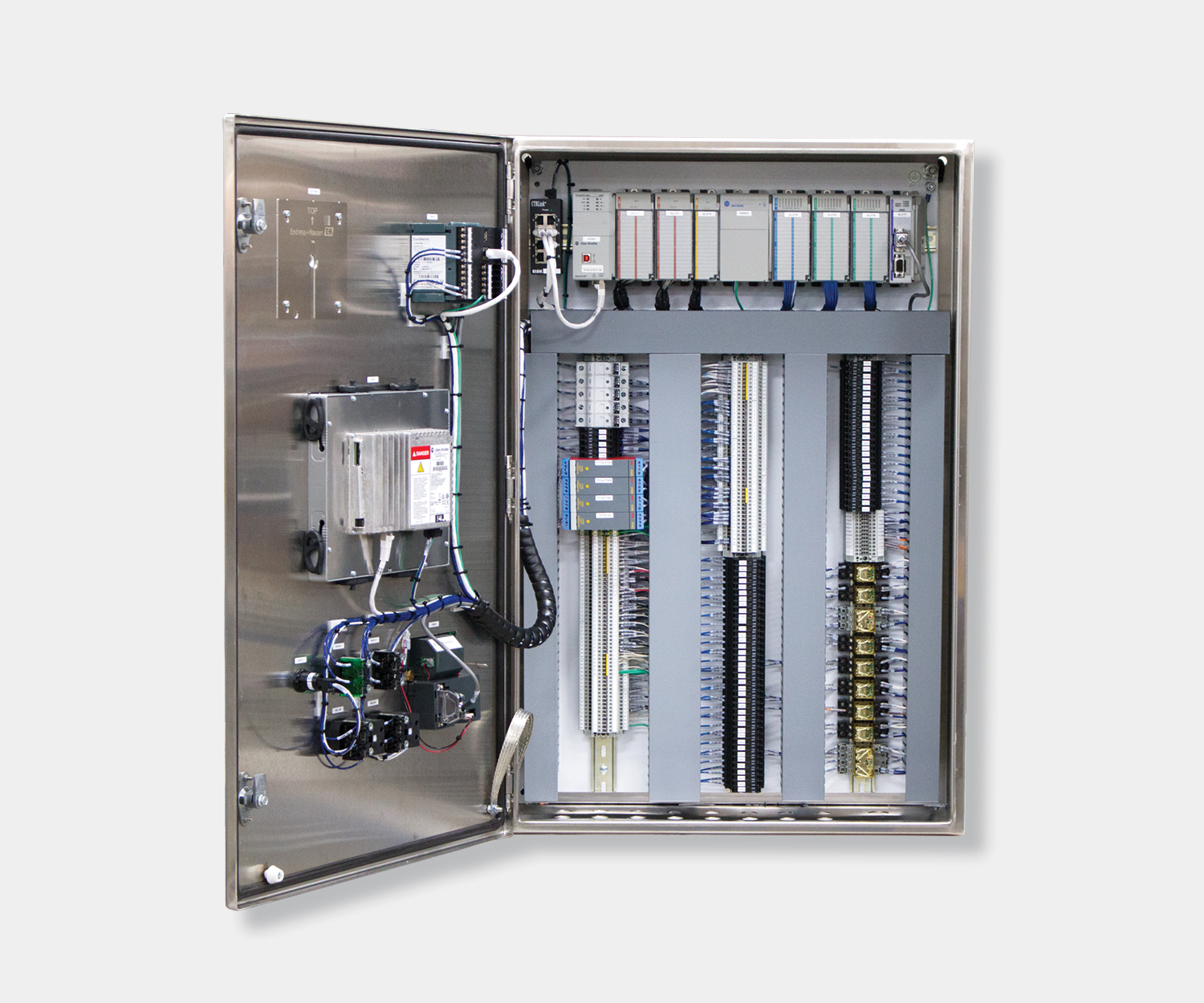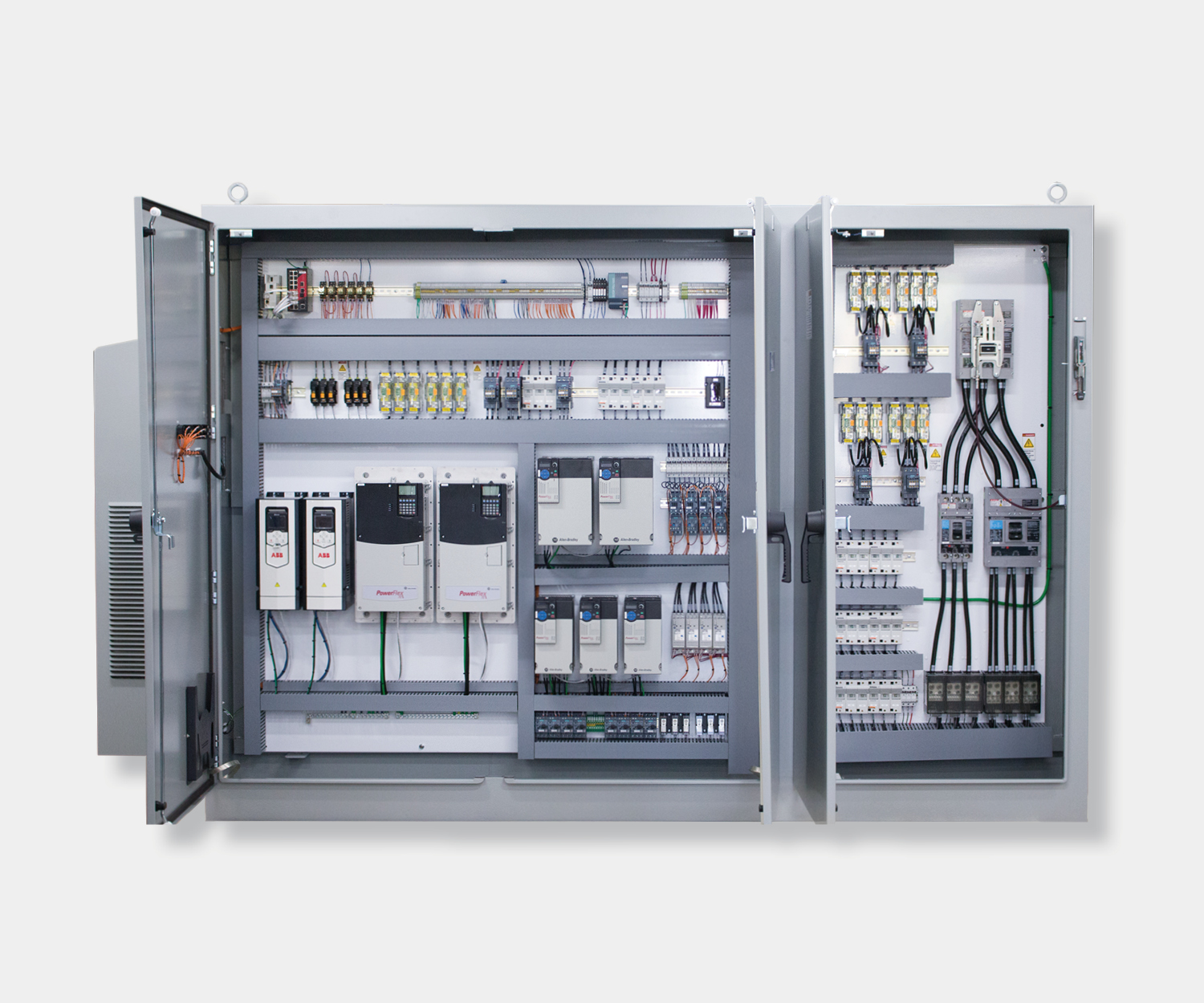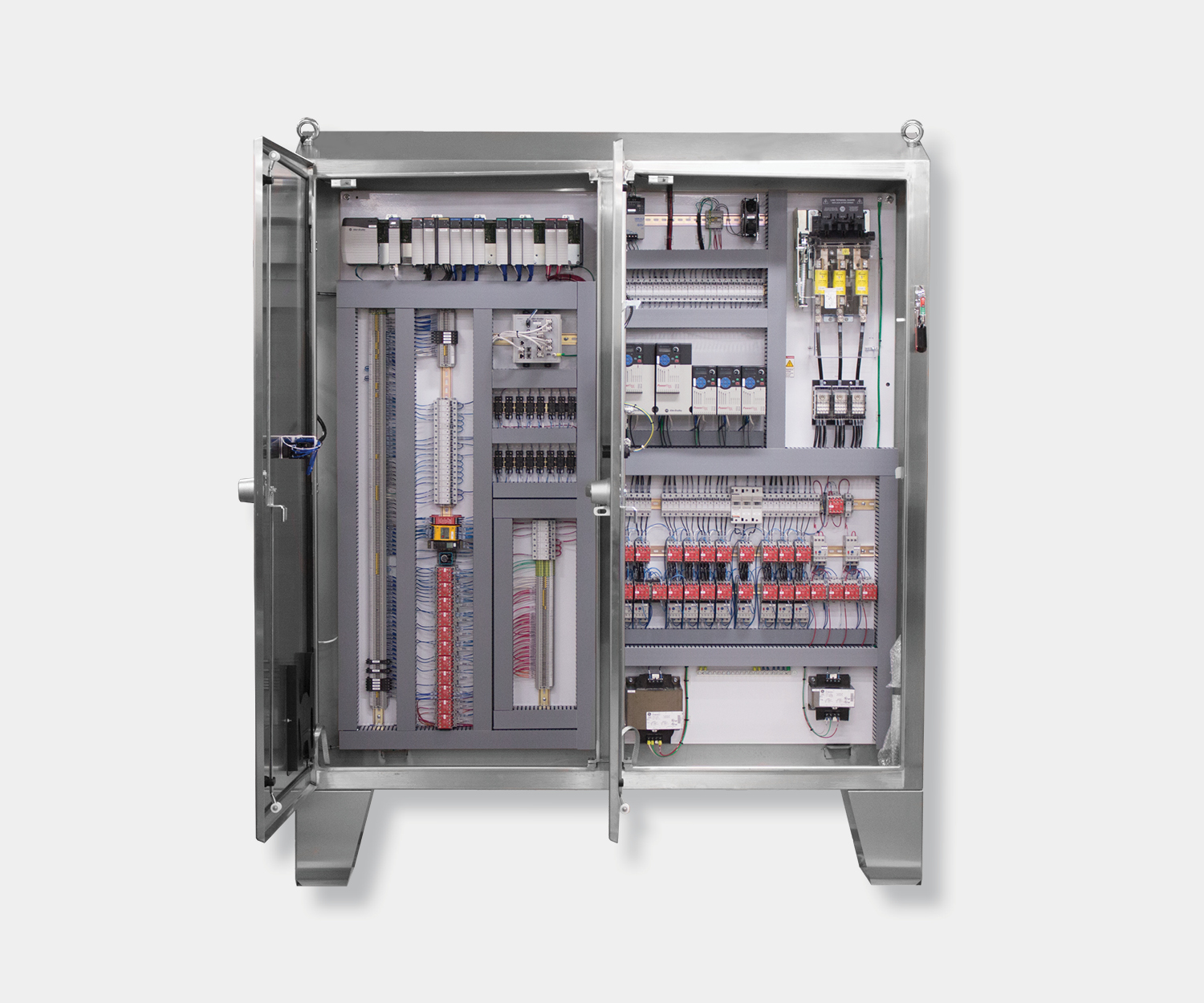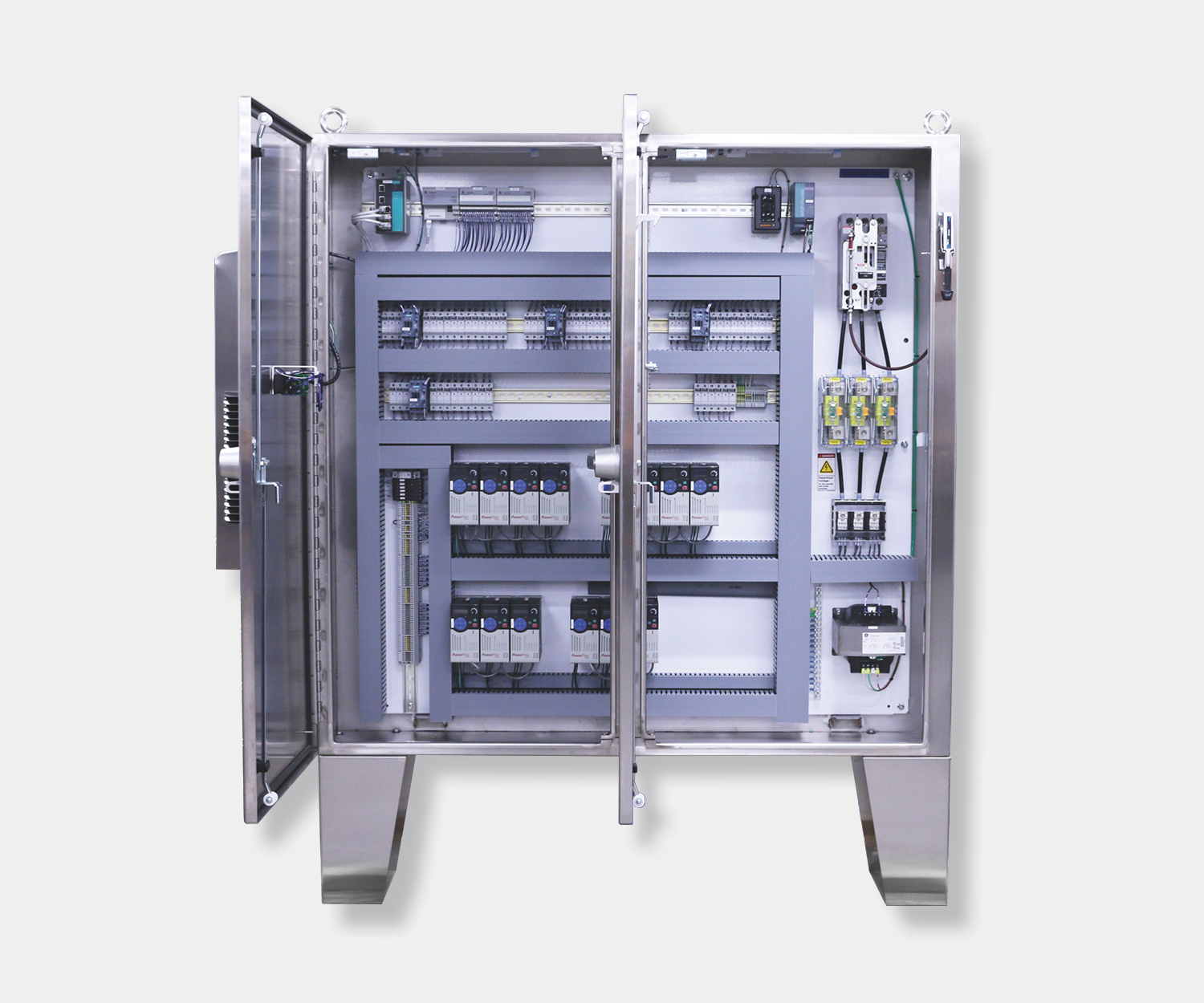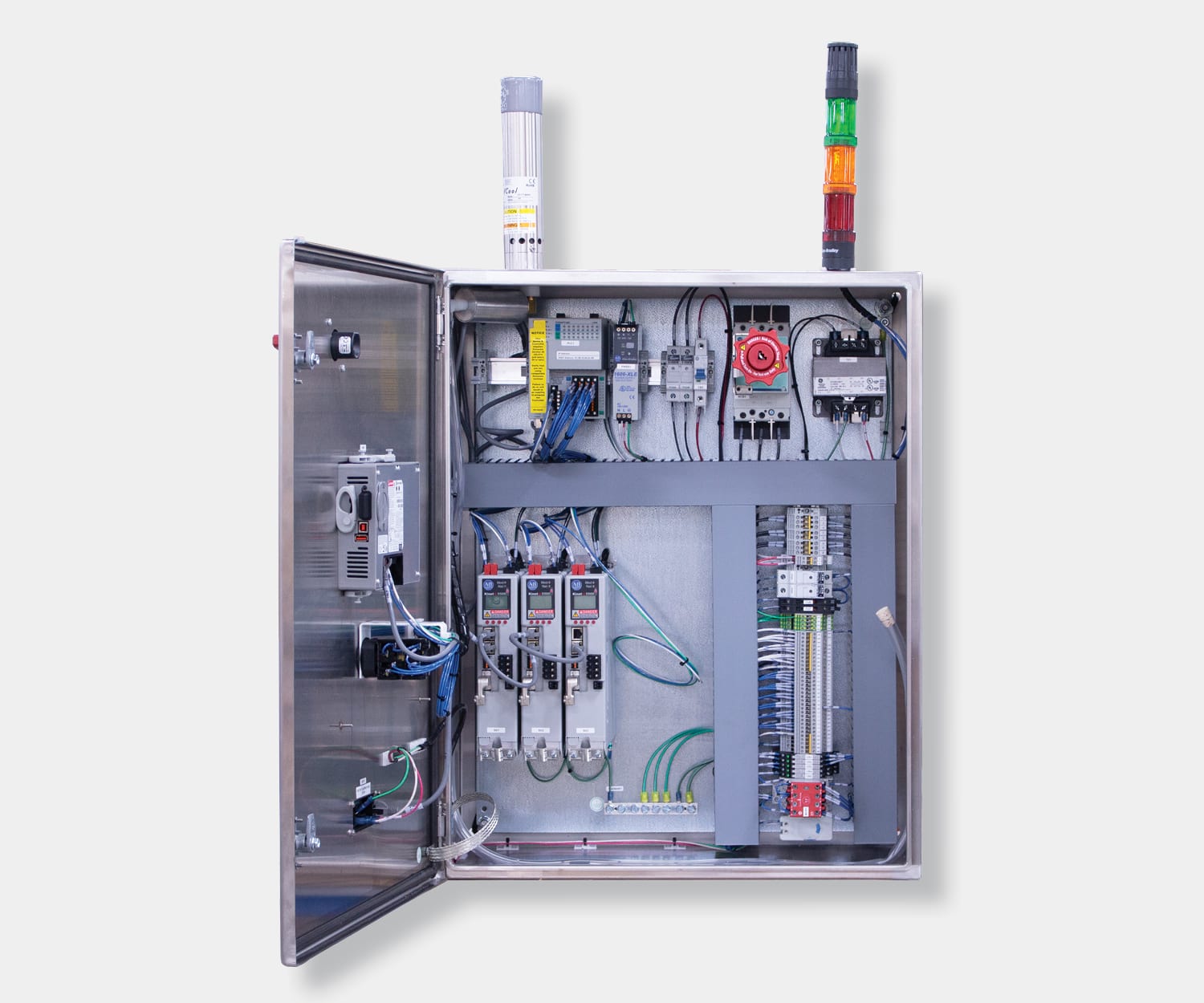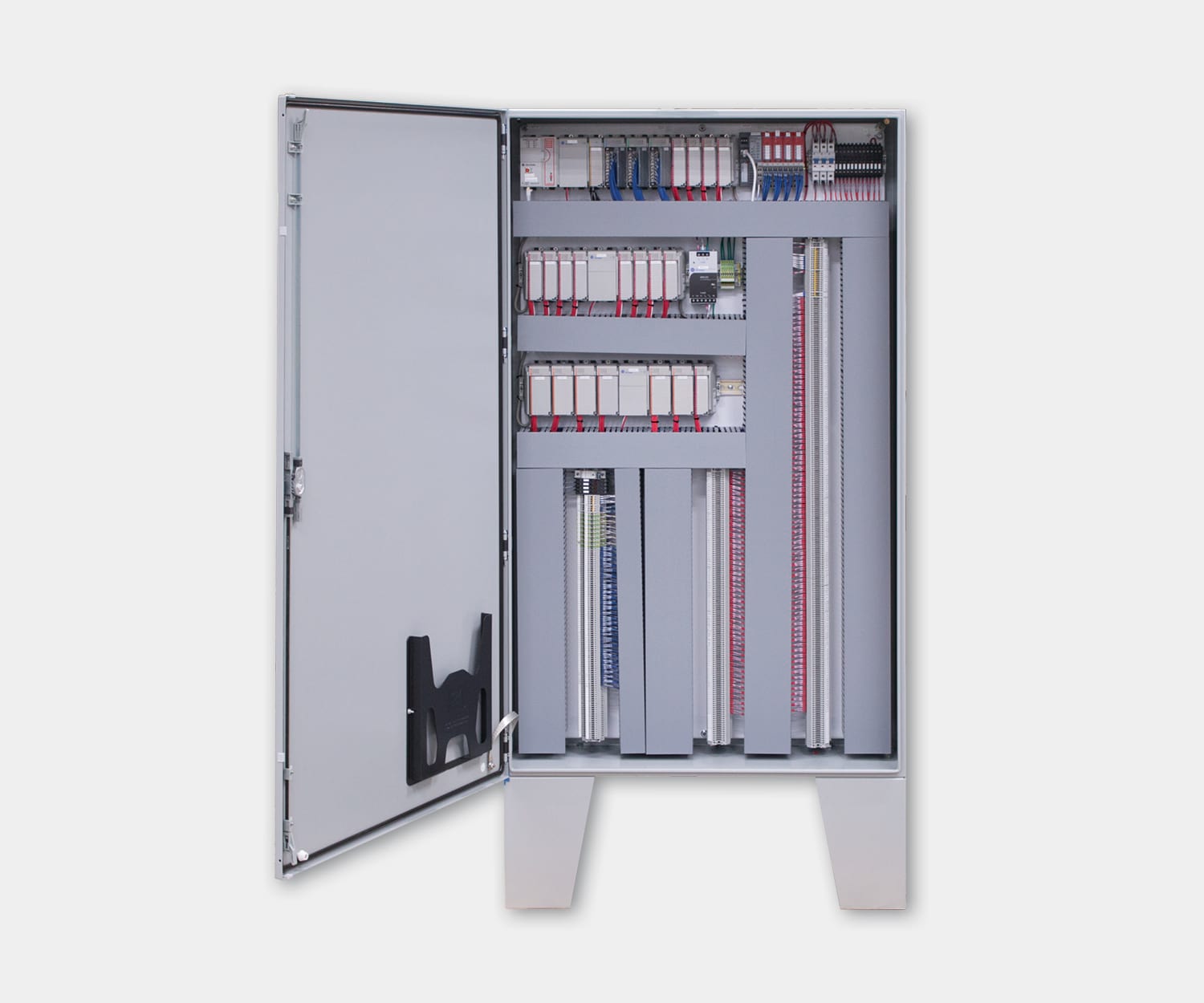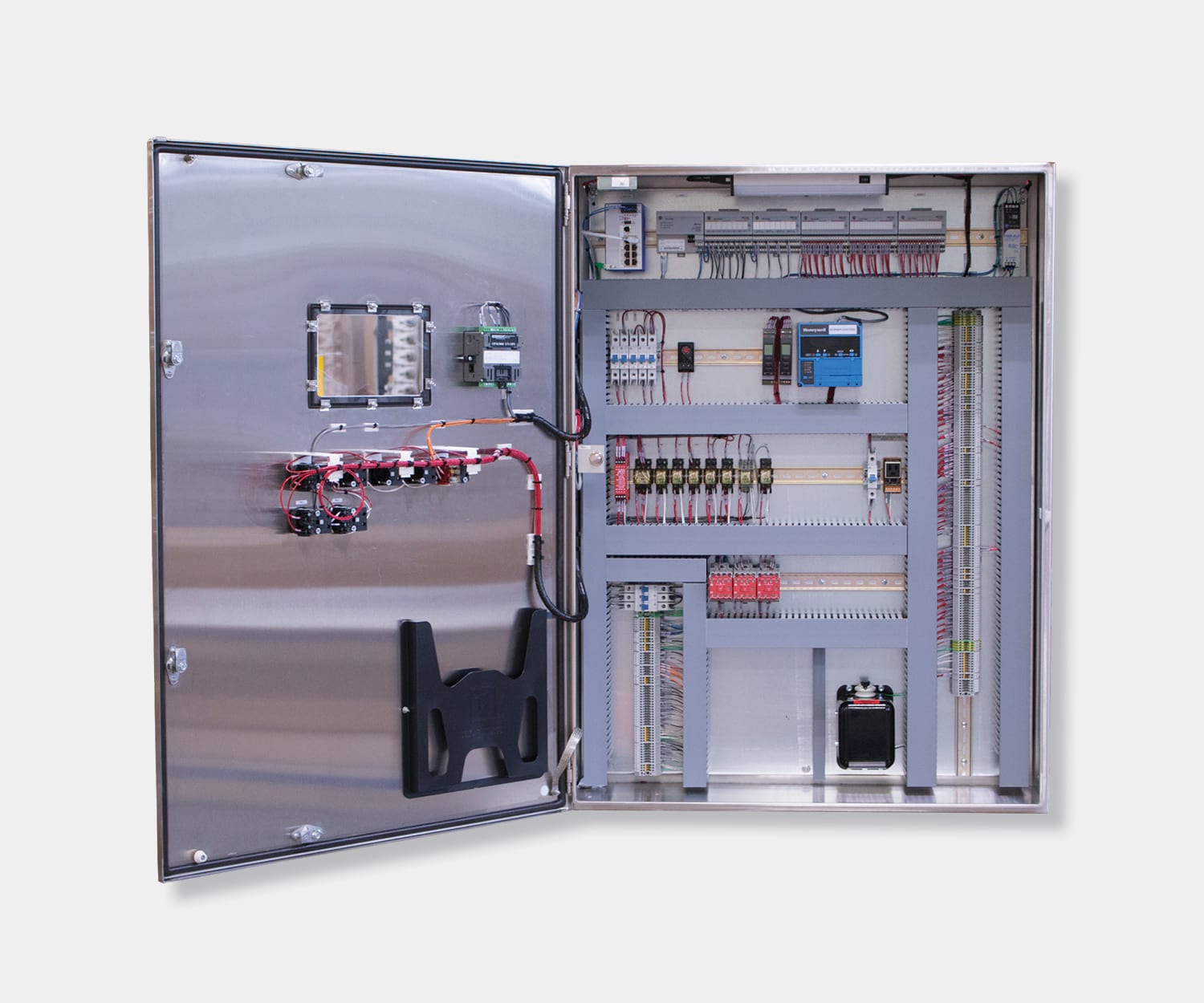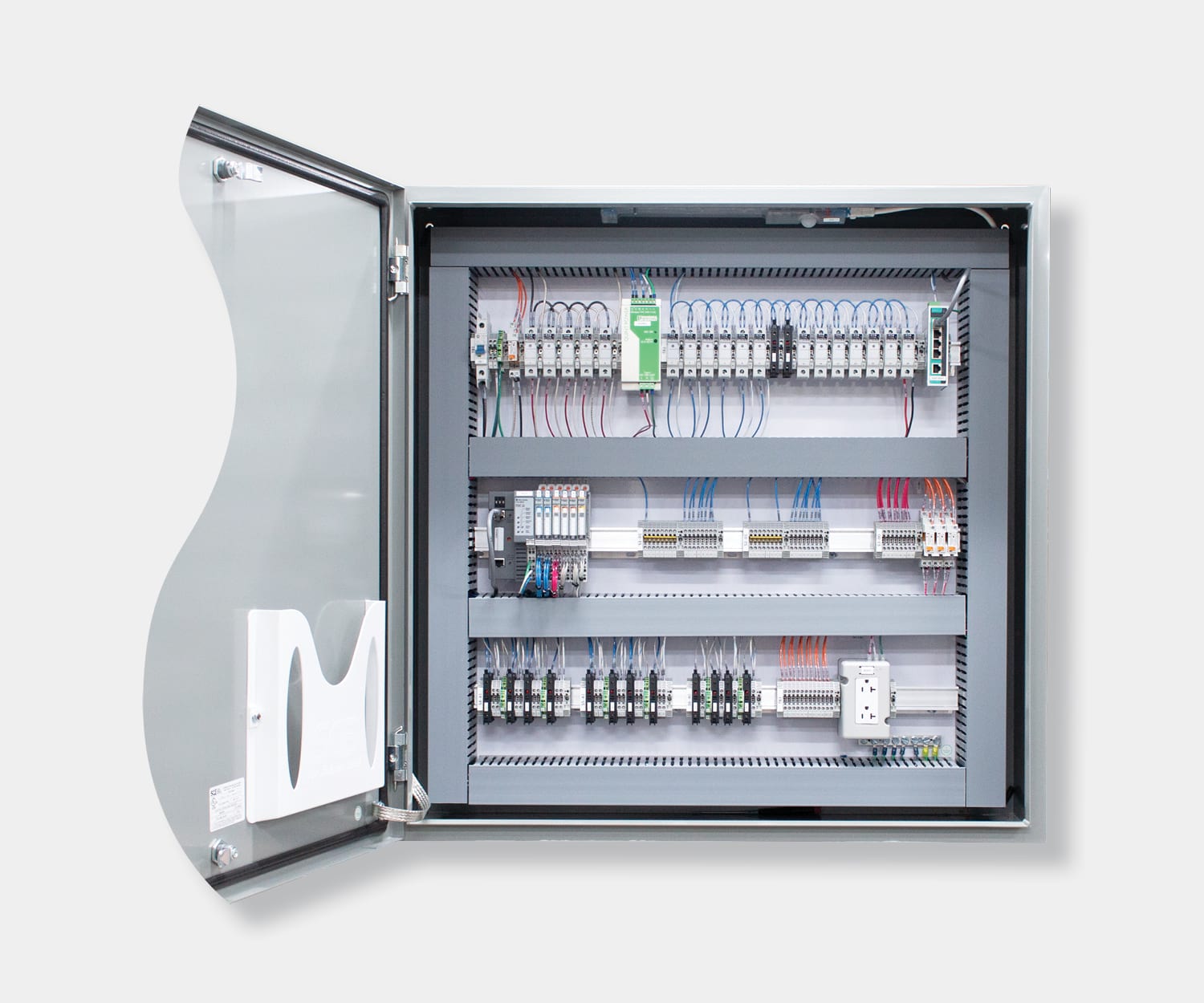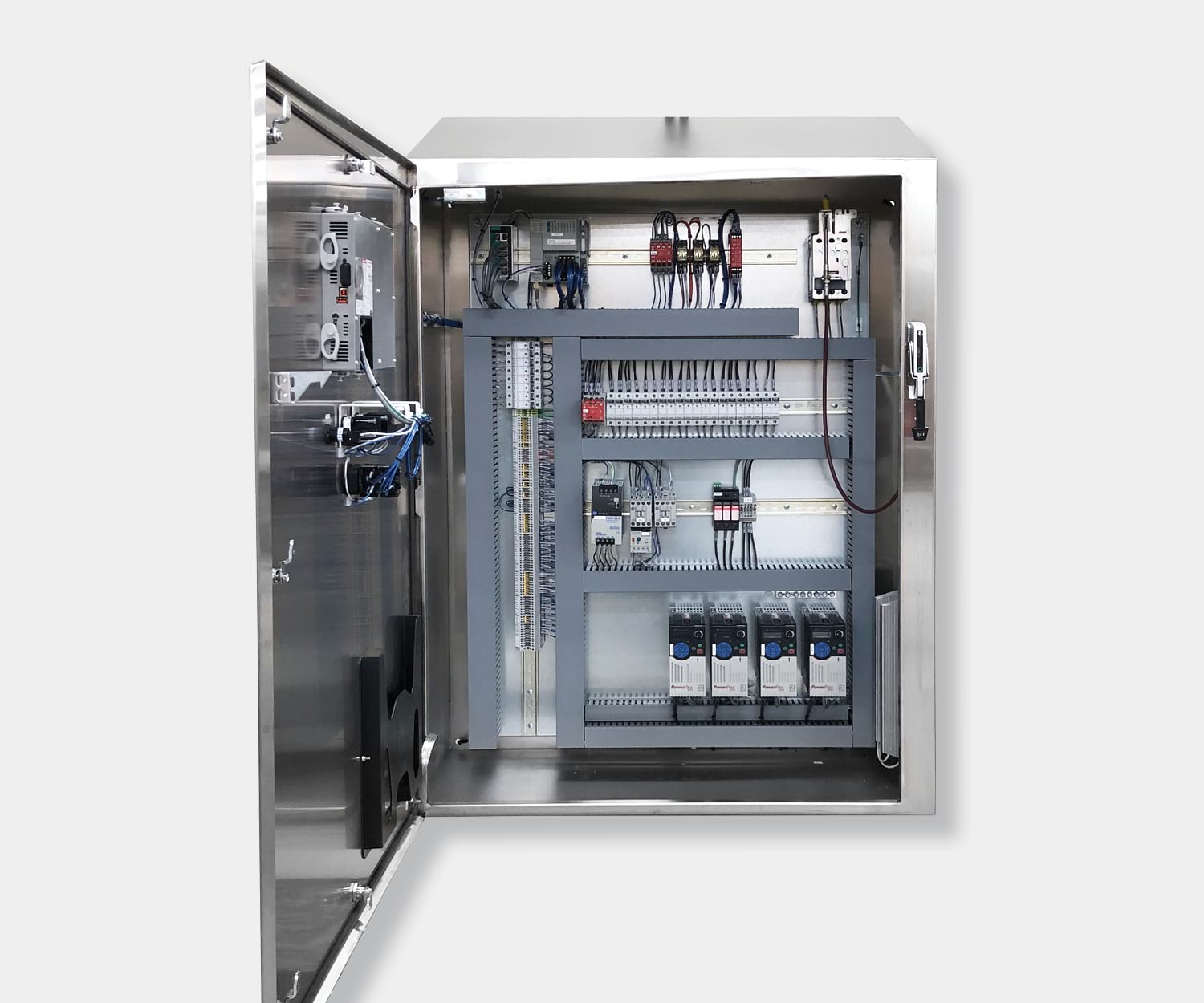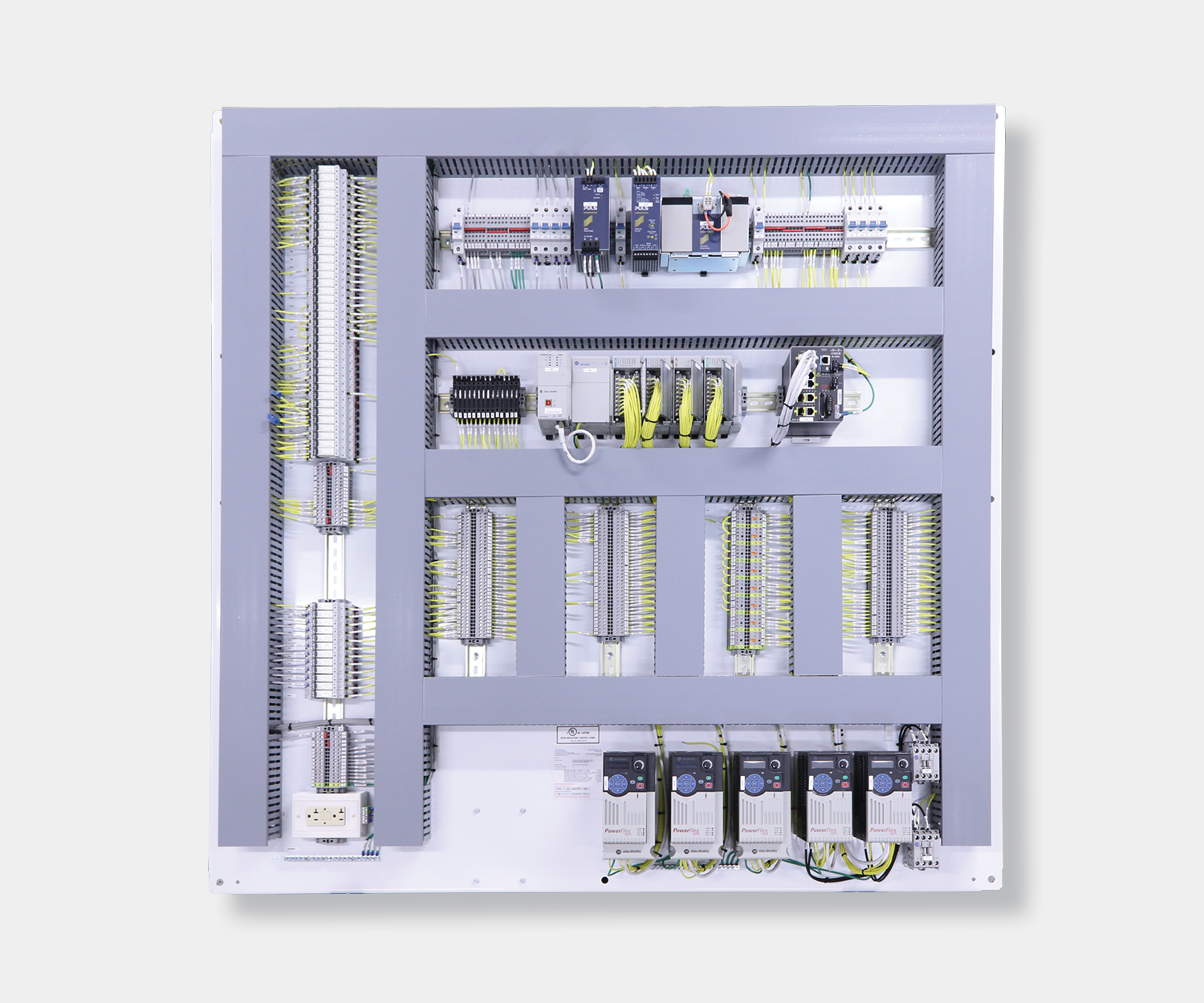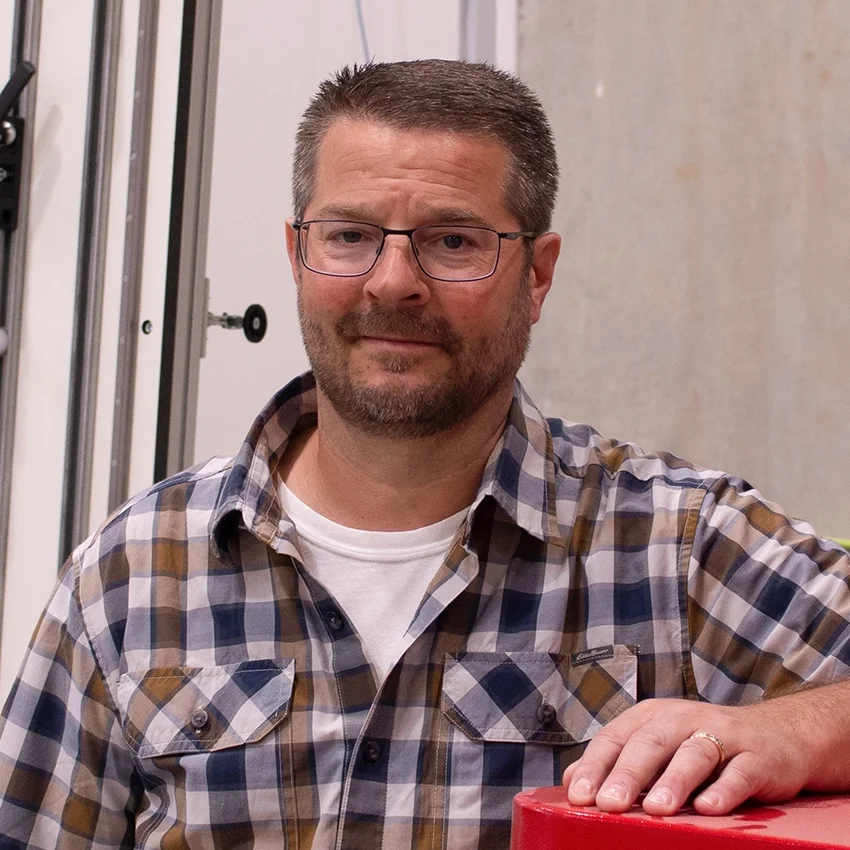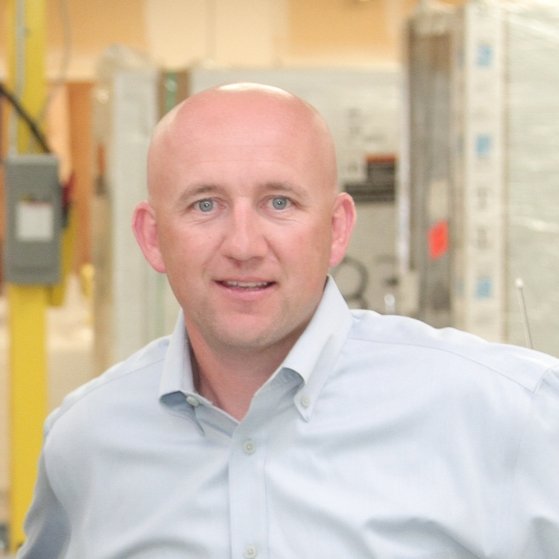For many municipalities and automated manufacturing facilities, supervisory control and data acquisitions systems, or SCADA, is an essential component for monitoring and controlling equipment and processes. SCADA systems gather and process data from networked devices and sensors to provide operators with an overview of their production process and equipment status. While SCADA is used for similar purposes across varying industries, not every SCADA system is the same. The system functions, interface design, and hardware integrations can all differ based on the intended application and the programming software used. In this guide, we will provide a few tips for selecting the right SCADA system to properly operate your production processes and provide the best return on investment.
Compatibility
One of the main considerations when choosing a SCADA system is its compatibility with your existing controls hardware or PLCs. Compatibility issues typically arise when using legacy controls hardware that doesn’t support modern communication protocols, such as OPC UA. Similarly, integrating with controls hardware of varying ages and manufacturers can also present challenges, as each piece of hardware may have different communication protocols. Instead of purchasing new and expensive controls hardware, the simplest way to overcome these challenges is to select a SCADA system that offers a wide range of native drivers to ensure it works with any manufacturer’s hardware, regardless of age.
Alternatively, if your facility is running on more modern controls hardware from a single manufacturer, selecting the right SCADA system becomes much simpler and may come down to which offers the most features, security, and future expandability. For example, Rockwell and Siemens offer their own SCADA programming frameworks, Rockwell FactoryTalk and Siemens WinCC OA, that are directly compatible with their hardware products. Additionally, alternative SCADA systems, such as Wonderware System Platform, also support integration with Rockwell and Siemens hardware.
Operating Costs
Another important aspect to consider when selecting a SCADA system is the potential operating costs. When evaluating SCADA systems, it is important to account for extra expenses that may come with training, technical support, upgrades, connections, and multiple users or clients. During your evaluation, you may discover that some of these services are included in the base price, while other vendors charge additional fees. Accounting for these expenses at the start will ensure you receive an affordable solution with the support and functionality you require.
Security
Perhaps the most important tip for selecting the right SCADA system is to ensure your selection includes modern security features. Safeguards such as HTTPS secure access, secure remote connectivity via VPN, user access levels, and independent security audits all help to ensure your network and data will remain secure from external threats or malware.
Functionality
Ensuring the selected system includes all the functionality you need may seem like an obvious suggestion; however, there is more to this idea than what immediately meets the eye. For example, making sure the system can accommodate your application’s unique needs may require consulting with a systems integrator that has extensive experience and knowledge in your particular industry. Additionally, selecting a system that can connect to third-party programs allows for the exchange of collected data with ERP or MES systems, as well as other applications that can utilize the data to improve your operations. Useful features such as large graphics libraries, customizable reports, multi-user collaboration, alarm management, and even machine learning can help you further maximize your data and return on investment.
Future Expandability
Finally, it’s important to look to the future and select a system that will allow for growth with easy expansion and upgrades. Ensuring the architecture of your system is robust enough to handle adding additional facilities or production lines is an often-overlooked factor that can lead to a bogged-down system with slow response times and constant outages. Overall, the system you select should have the ability to grow with your company and be adaptable to new technologies in order to keep your operations running at peak efficiency.
About Process Solutions
Located near Seattle, Washington, Process Solutions has over 30 years of experience providing high quality and reliable control systems. With over 100 engineers and technicians on staff and an output of over 3,000 control panels per year, Process Solutions is the Northwest’s largest control systems integrator. Process Solutions’s control systems services include custom control panel design, build, and commissioning, PLC and HMI programming, robot system integration, energy management and refrigeration systems, SCADA software, and machine monitoring software.

